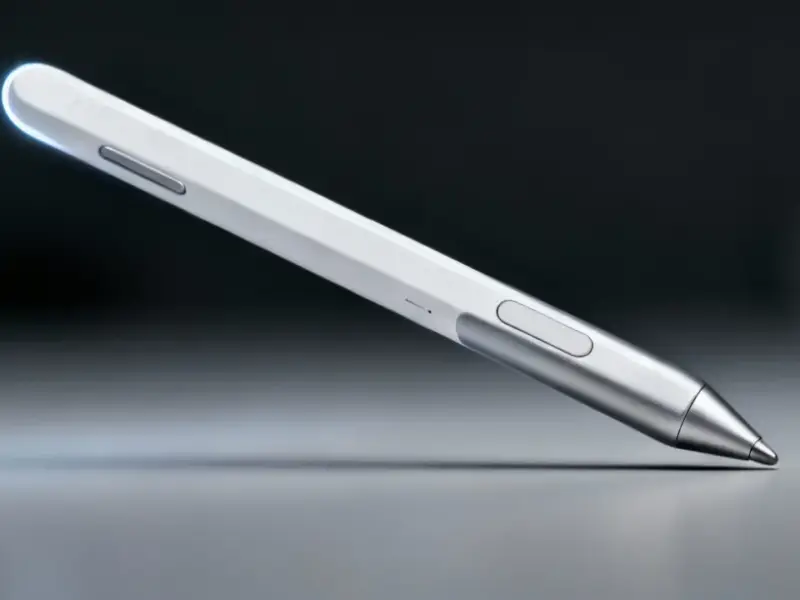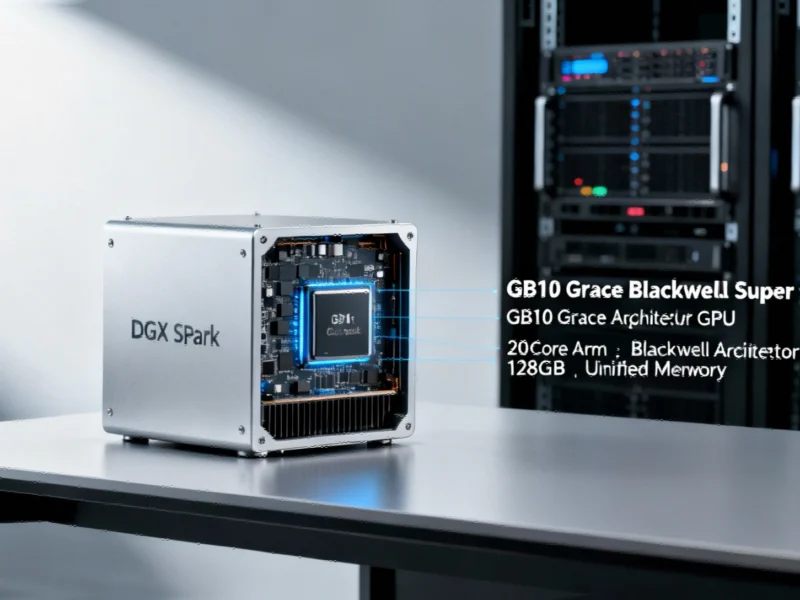According to Phoronix, the Coreboot project has issued a formal rebuttal addressing recent controversy where laptop vendors criticized its development process and claimed it wasn’t ready for mainstream use. Meanwhile, firmware specialists 3mdeb are reporting good progress porting Coreboot with OpenSIL support to AMD’s upcoming Turin server platform. The Coreboot response directly counters claims made by vendors about development barriers and code quality issues. 3mdeb’s work represents one of the first major efforts to bring open-source firmware to AMD’s next-generation EPYC server processors. Both developments highlight the ongoing tension between commercial hardware vendors and the open-source firmware community.
Coreboot pushes back
Here’s the thing about open-source projects – they don’t usually issue formal rebuttals. But Coreboot just did, and that tells you how serious this vendor criticism was. Basically, some laptop makers were complaining that Coreboot development was too difficult, the code quality wasn’t up to snuff, and the project wasn’t ready for prime time. Coreboot’s response? Essentially “we’re working on it, and here’s what we’re doing to improve.” They acknowledged some legitimate concerns while pushing back on what they see as unfair characterization. It’s a delicate dance when commercial vendors depend on your open-source project but also want to criticize it publicly.
AMD Turin gets open-source love
While that drama was unfolding, 3mdeb was quietly making progress where it really matters – on actual hardware. They’re porting Coreboot with OpenSIL to AMD’s Turin platform, which is significant because server firmware has traditionally been a locked-down, proprietary nightmare. OpenSIL is AMD’s own open-source silicon initialization library, and combining it with Coreboot could finally give us truly open server firmware. That’s a big deal for security, transparency, and avoiding vendor lock-in. The fact that they’re making “good progress” suggests we might actually see production-ready open firmware for high-end servers sooner than expected.
Why this matters
Look, firmware might seem boring, but it’s the foundation everything else runs on. When you can’t audit or modify your firmware, you’re trusting black boxes with your most sensitive data. Coreboot and projects like it represent a fundamental shift toward transparency and user control. But there’s always this tension – commercial vendors want stability and support, while open-source communities prioritize freedom and openness. The fact that both AMD and Intel are engaging with these projects (through OpenSIL and FSP respectively) shows they recognize the value. Still, making it work for mainstream products? That’s the hard part.
What’s next
I think we’re going to see more of these public spats as open-source firmware goes mainstream. Vendors want the benefits without the headaches, and open-source projects need to mature their processes. The real test will be whether we start seeing Coreboot on more consumer devices, not just specialty products and servers. As for the technical side, following Michael Larabel on Twitter or checking his personal site remains one of the best ways to stay updated on Linux hardware developments. The firmware world moves fast, and having someone who’s been covering it for nearly 20 years certainly helps make sense of it all.




